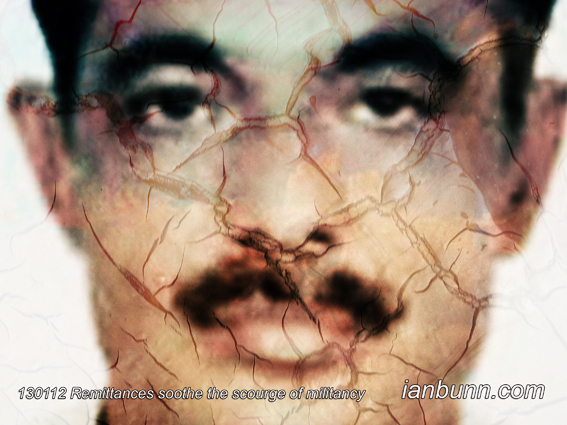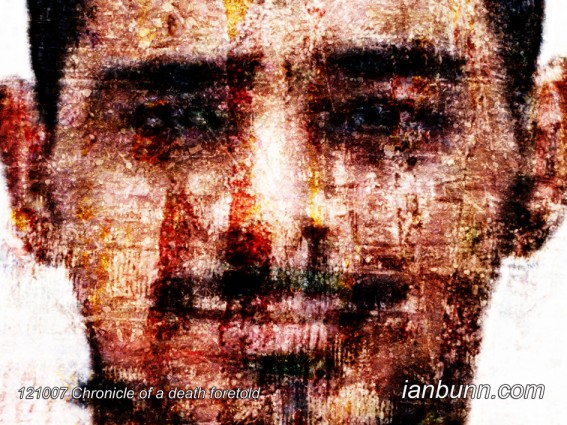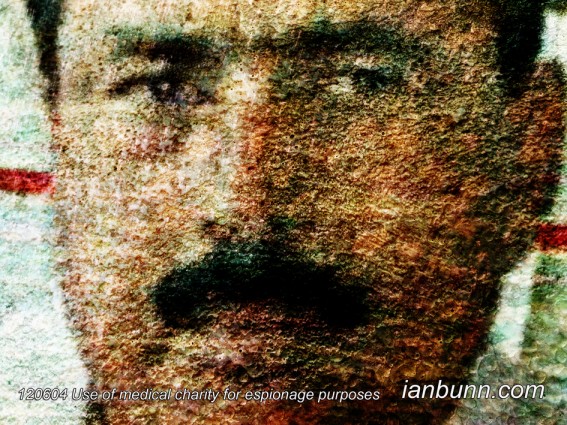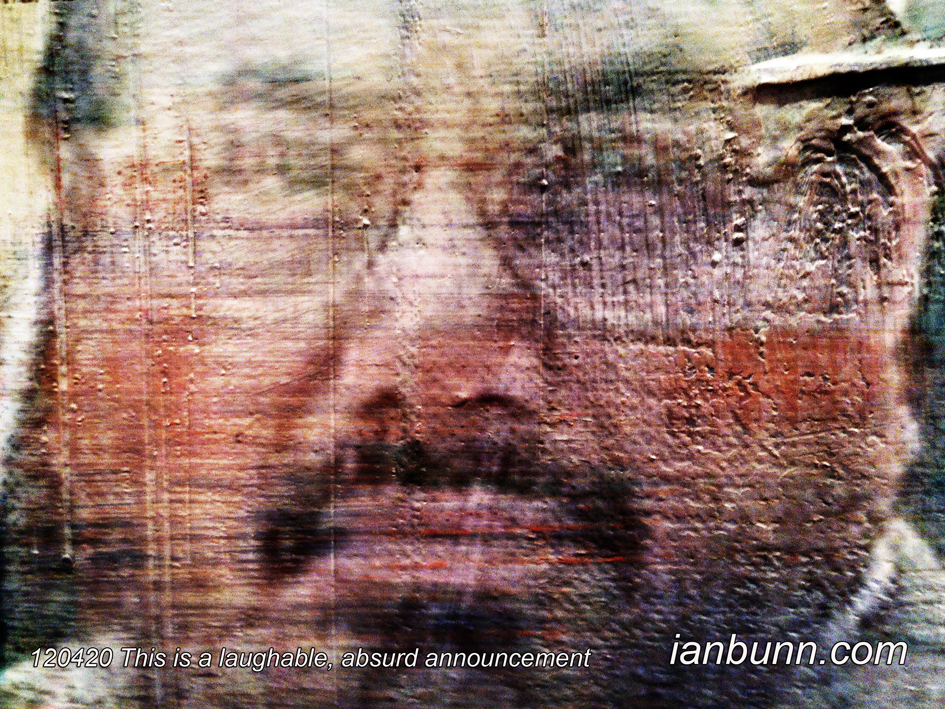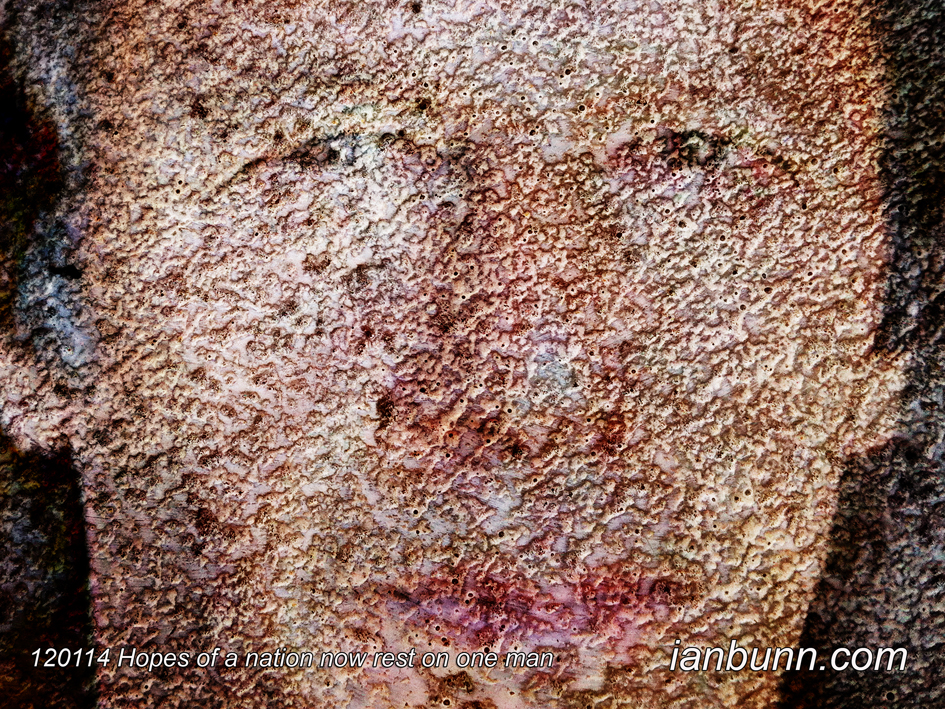 The dialogue between life and death (June 8 2013)
The dialogue between life and death (June 8 2013)
Imran Qureshi the 41 year old Pakistani Artist considered one of the leading figures in developing a contemporary aesthetic that integrates the motifs and rigorous techniques of traditional miniature painting has been profiled by Artdaily in an article titled ‘Roof Garden installation by Pakistani artist Imran Qureshi opens at Metropolitan Museum’. Artdaily states “A large-scale site-specific work of art by Imran Qureshi an artist known for his unique style of combining the motifs, symbolism, and ornamental techniques of Islamic art with modern conceptual approaches—is the 2013 installation on The Iris and B. Gerald Cantor Roof Garden … represents the artist’s emotional response to violence occurring across the globe in recent decades and his earnest hope for regeneration and lasting peace in the aftermath of man-made disasters. Using the nearly 8,000-square-foot open-air space as his canvas, Qureshi has worked areas of his spilled and splattered red acrylic paint into patterns of lush ornamental leaves that evoke the luxuriant walled gardens that are ubiquitous in miniatures of the Mughal court; they also echo the spectacular verdant foliage of Central Park surrounding the Roof Garden today. Qureshi is the first artist to create a work that has been painted directly onto the Roof’s surface, and visitors are encouraged to walk on it as they view it. …Imran Qureshi said, “The dialogue between life and death is an important element in my work. Leaves and nature, for example, represent the idea of life. And the particular color of red that I have been using in recent years can look so real, like blood. The red reminds me of the situation today in my country, Pakistan, and in the world around us, where violence is almost a daily occurrence. But somehow, people still have hope. The flowers that seem to emerge from the red paint in my work represent the hope that—despite everything—the people sustain somehow, their hope for a better future.”
Inspired by ArtDaily ow.ly/l5w7N Image source Bill Swersey ow.ly/l5w4g
